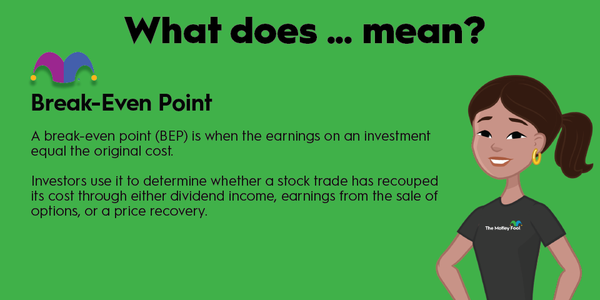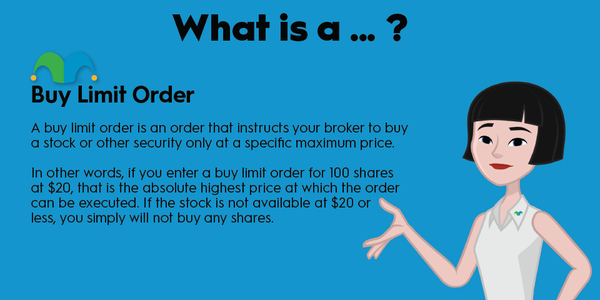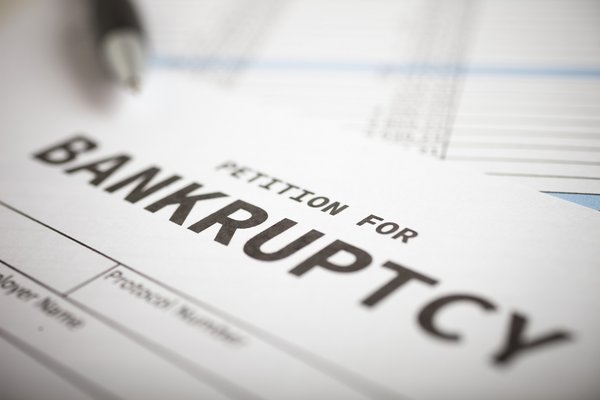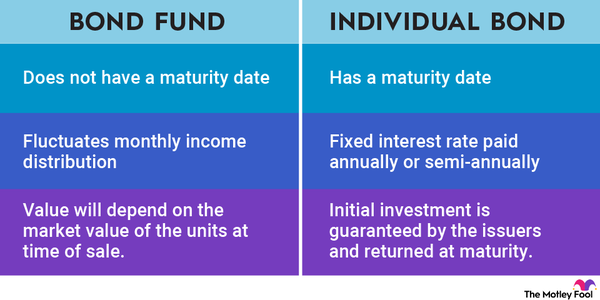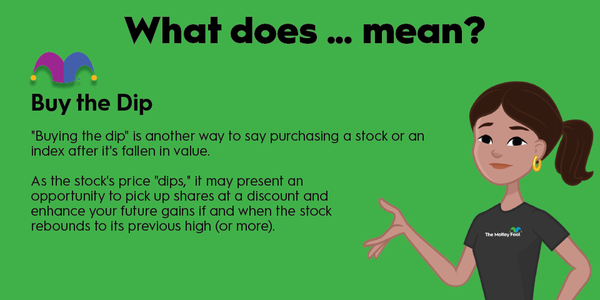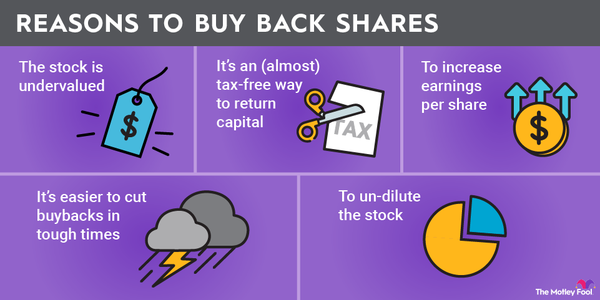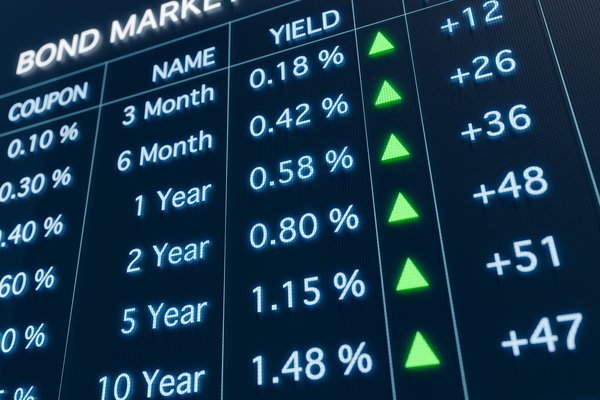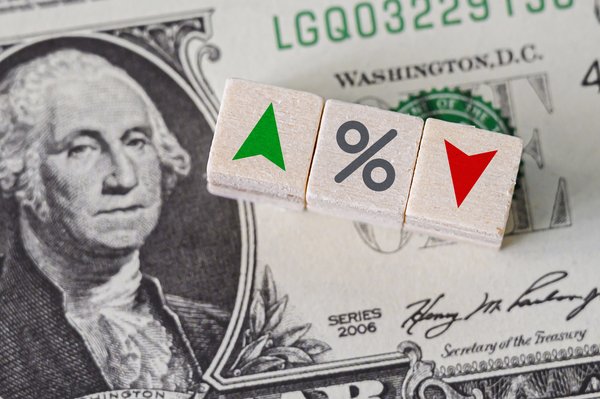
What is a board of directors?
What is a board of directors?
In a public company, a board of directors is a panel of people elected by shareholders to represent their interests. The board carries out various functions to both guide and assist senior management and often includes people proposed by management. Still, it’s important to remember that their purpose is to stand up for the interests of the owners of the company, i.e., the shareholders.
What are the functions of the board of directors?
What are the functions of the board of directors?
In representing the shareholders, the board carries out various functions critical to management running the company. These include:
- Authorizing dividends, share buybacks, and capital allocation strategy in general.
- Establishing an audit committee (a subcommittee of the board of directors) responsible for choosing and overseeing the company’s auditor.
- The recruitment, supervision, evaluation, and compensation relating to the senior management of the company.
- Assisting with the strategic direction of the company.
- Establishing a working relationship with the chief executive officer (CEO) via a governance system, usually through a monthly board meeting.
These roles are extremely important to shareholders. If you are a shareholder who is unhappy with a company’s senior management or their compensation, the board is there to represent you in getting rid of management or adjusting their pay. If the company's strategic direction isn’t to your taste, then the board is there to take action.
Who is on board the board?
Who is on board the board?
Given the importance of their function, who gets to sit on the board is always a closely watched item. Usually, companies propose candidates, but a separate individual can also run, and shareholders can propose their own directors. This often occurs when an activist investor wants to shake up a poorly performing company by proposing directors of its own selection.
An example of this comes from an activist investor like Starboard Value and its agreement with agriscience company Corteva (CTVA 0.4%), which agreed to propose three independent directors of Starboard’s choice in 2021. Indeed, retail investors can follow activist investors' machinations if they believe the case for appointing new directors to improve company performance is a good one.
Some examples of a board of directors in practice
Some examples of a board of directors in practice
The responsibilities discussed above cover the basic requirements of a board of directors, but there’s much more to it in practice. In reality, the caliber of people appointed to the board directly influences the company. A great example is General Electric (GE 0.68%), where the board failed to rein in the acquisition spree, share buybacks, and strategic direction set by its former CEO, Jeffrey Immelt. The end result was a mountain of debt that created a challenge to the company’s existence.
GE ultimately retired Immelt in 2017 and appointed a successor, John Flannery, and later appointed a heavyweight industrial executive Larry Culp to its board of directors in April 2018. Six months later, the board removed Flannery and appointed Culp as CEO.
The GE example highlights the importance of the board of directors, first in failing to ensure the company was satisfactorily run with Immelt and second in taking swift and decisive action to appoint Culp.
Related investing topics
The intangible factor
The intangible factor
In addition to their formal responsibilities, the board of directors has an ethical and moral responsibility to safeguard the interest of the shareholders. That’s why it’s so important to have board members with a passion for the company and a level of expertise in the activity of the company. As such, board members are often senior figures who can offer expert advice and guidance on the company's strategic direction.
For example, Boeing (BA 0.25%) has had its fair share of problems over the last few years. Still, its board of directors is as heavyweight as they come and represents a concerted effort to appoint senior industry figures. It includes the former CEO of GE Aviation, David Joyce (appointed 2021), the former CFO of United Technologies, Akhil Johri (appointed 2020), the former CEO of KPMG, Lynn Doughtie (appointed 2021), and the current CEO of Carrier Global (NYSE:CRR) and the former president of Collins Aerospace Systems, Dave Gitlin (appointed 2022).
That collective level of industry expertise can obviously contribute a huge amount to Boeing’s management and represents the kind of input that investors should expect from the board of directors of their company.
As such, the board is part of the investment case for the stock, and that’s how investors should look at a board of directors in general.



